When it comes to one’s body, time takes its toll on just about all of it. And although we know all too well what ageing does to our skin, when it comes to other areas of our beauty regimens, age is rarely factored in. From swapping in serums that tackle fine lines and wrinkles to acid treatments that work against age spots and pigmentation, products that cater to ageing skin seem to be everywhere. But what about our hair?
It turns out that besides going grey, ageing can affect our hair in a number of ways. From thinning to dryness, the ways in which our hair deals with getting older means that as time goes by, we may need to change up our routines. And one of the most effective ways we can do that is by trying out a new haircut.
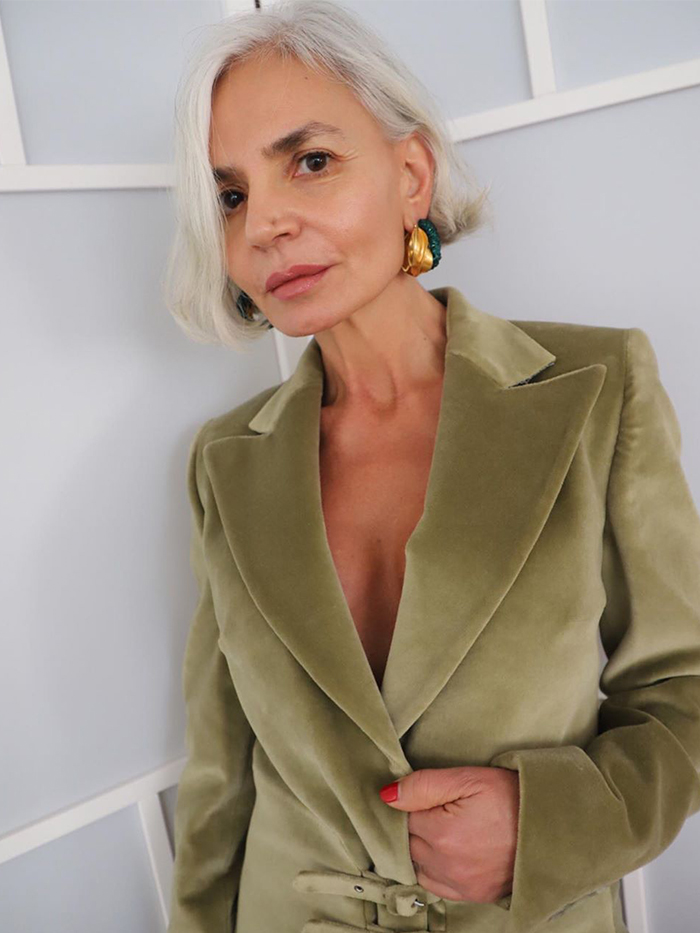
As hair ages, it’s normal for it to become a little more difficult to style, meaning that it’s often all too appealing to chop it off. As we get older, keeping hair short comes with its benefits. Not only does it keep locks looking healthy, but it also makes increasingly difficult-to-manage strands a lot easier to deal with.
Keep scrolling for all of the expert advice and inspiration that you might need if you’re over 50 and considering going short with your hair.
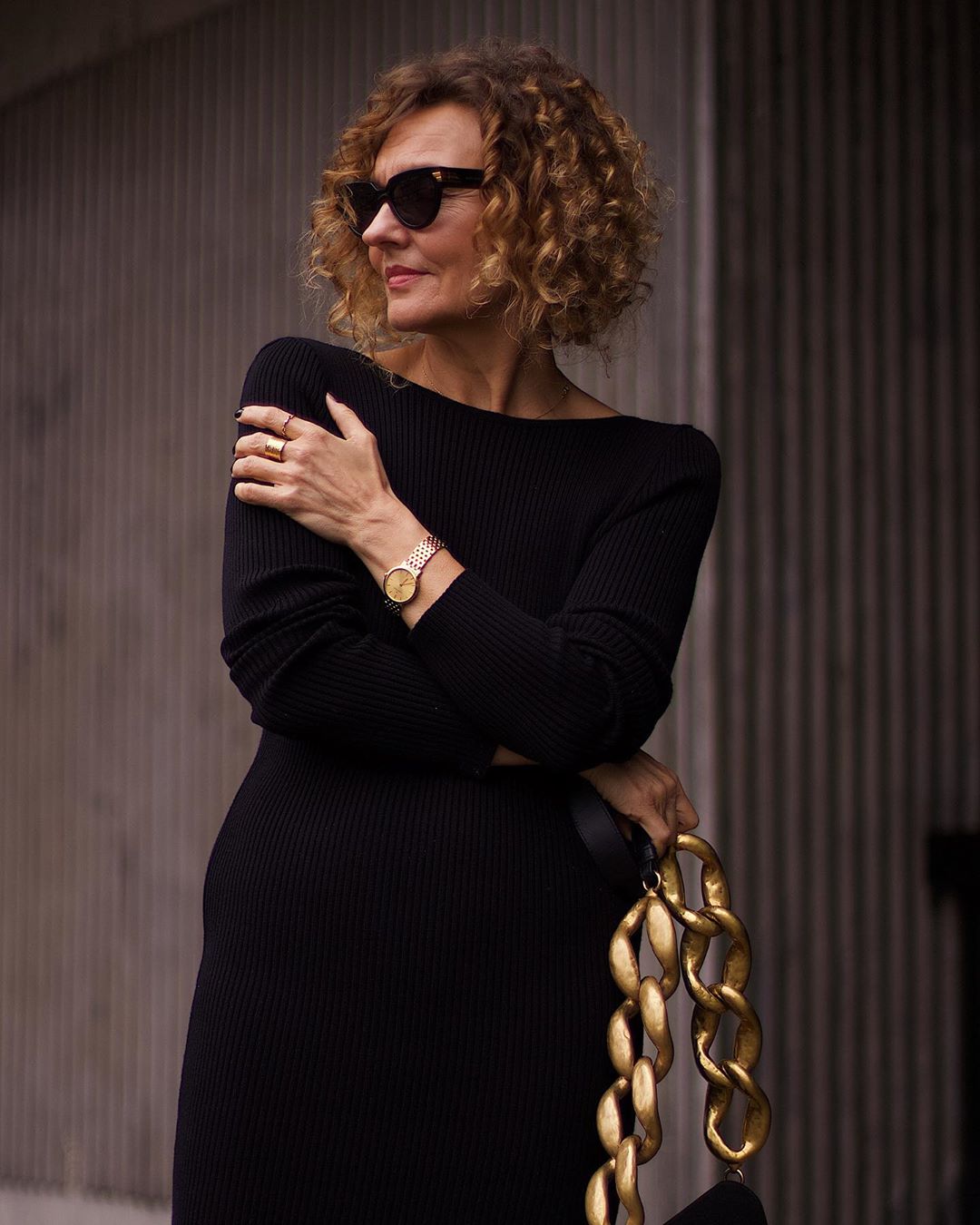
As we get older, so does our hair. Over time, the rate at which our bodies produce melanin (the thing that gives our hair pigment) slows down and eventually may even stop altogether, causing hair to lose its colour and appear grey.
Alongside the loss of pigment, grey hairs often appear wiry and dry as a result of diminishing oil production by the sebaceous glands in the hair follicle. Jonathan Soons, creative ambassador at Headmasters, explains: “The ageing process changes the texture of hair so that it appears brittle, wiry and frizzy. Commonly, the longer the hair is, the more this becomes evident.”
To deal with ageing hair, Soons recommends switching up your products. “Older hair can be more fragile, so use a gentle brush such as Manta (£20). To help keep grey hair fresh and remove yellow tones, I swear by Revlon Professional Nutri Color Crème in 1002 (£21). As well as helping with colour, it also acts as a mask to keep hair super moisturised,” says Soons.
As older hair becomes gradually more difficult to deal with, many women feel that going shorter helps to minimise the upkeep. Valerie Maine, a hairstylist at Live True for Redken, reveals: “Short hair gives a feeling of a more youthful look. As you get older, your hair will sometimes thin and become weaker. Shorter hair is often easier to style and can fit in better with a busier lifestyle.”
Besides the fact that keeping hair short minimises the appearance of age-induced damage that might be more evident with longer styles, going for the chop can also help disguise the side effects. “Short hair will often give the illusion of fuller and thicker hair and will disguise this,” says Maine.
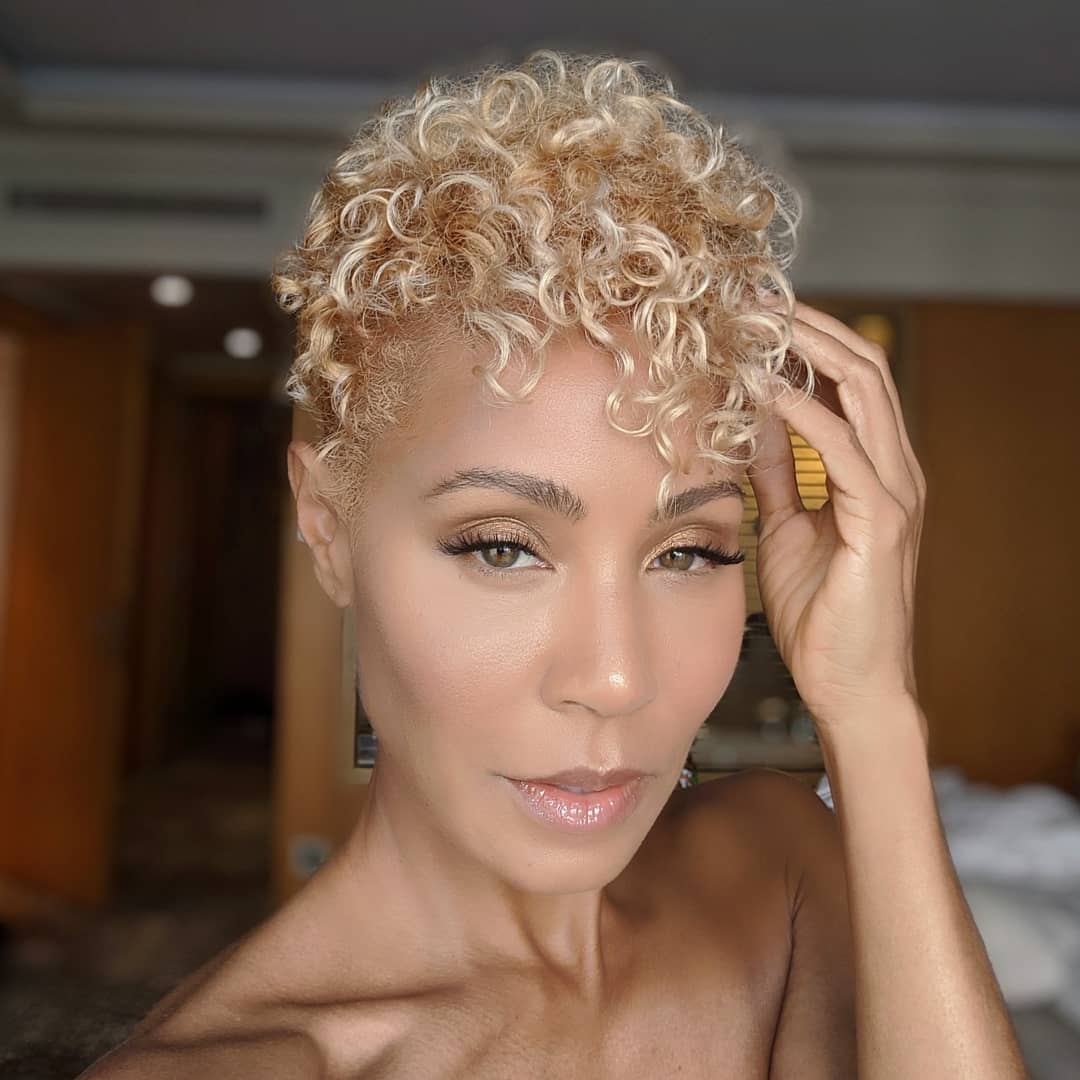
As with any hair change, it’s important to know what you’re getting yourself into before you go ahead. Of course, going short comes with the usual considerations such as whether or not your cut of choice will work with your texture and thickness. However, when it comes to going short, there are other things to consider too.
As a rule, short hair tends to have to be styled more frequently than longer hair, and the general need for upkeep tends to be greater. When it comes to a short look that needs constant styling, it’s more important than ever to take the texture of your hair into account. “Consider the natural texture of your hair—if it is coarse, fine, straight, curly, etc. If you go for a style that ignores this, it will cause styling issues. Use your new short haircut to put emphasis on your favourite feature and showcase the areas you like the most. It could be your eyes, lips or cheekbones, for example,” says Soons.
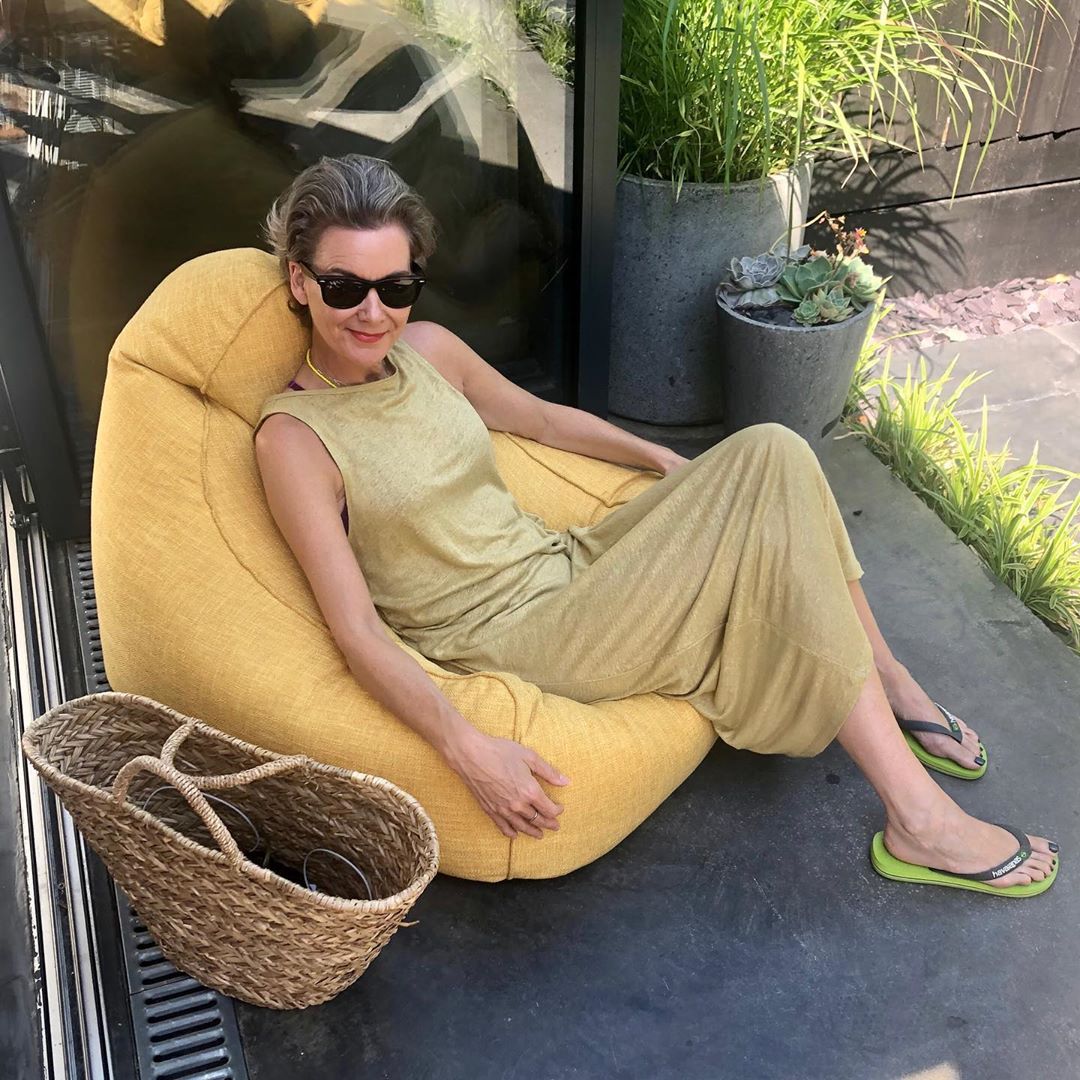
If you know that you want to go short but are unsure of where to start, worry not. Keep scrolling to discover exactly what short hairstyle is right for you along with all of the celebrity inspiration you might need.
If styling your hair is the last thing you want to think about in the morning, this low-maintenance cut could be for you. “For an older woman that has a natural curl or wave, the pixie cut is the best choice, as it uses the hair’s natural pattern to create texture and volume. They are also relatively easy to style and maintain on a day-to-day basis,” says Maine.
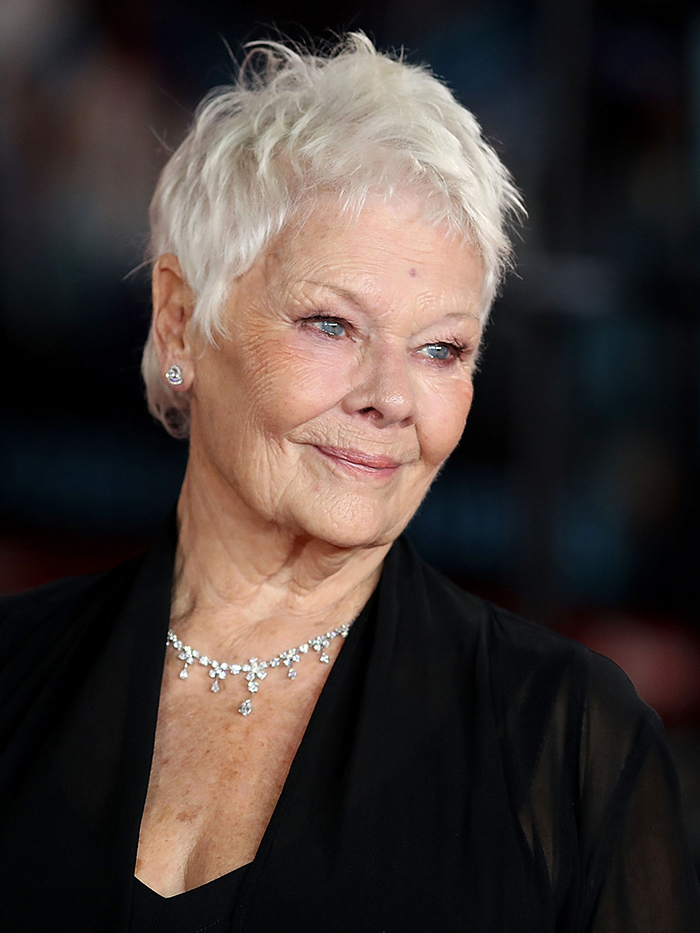

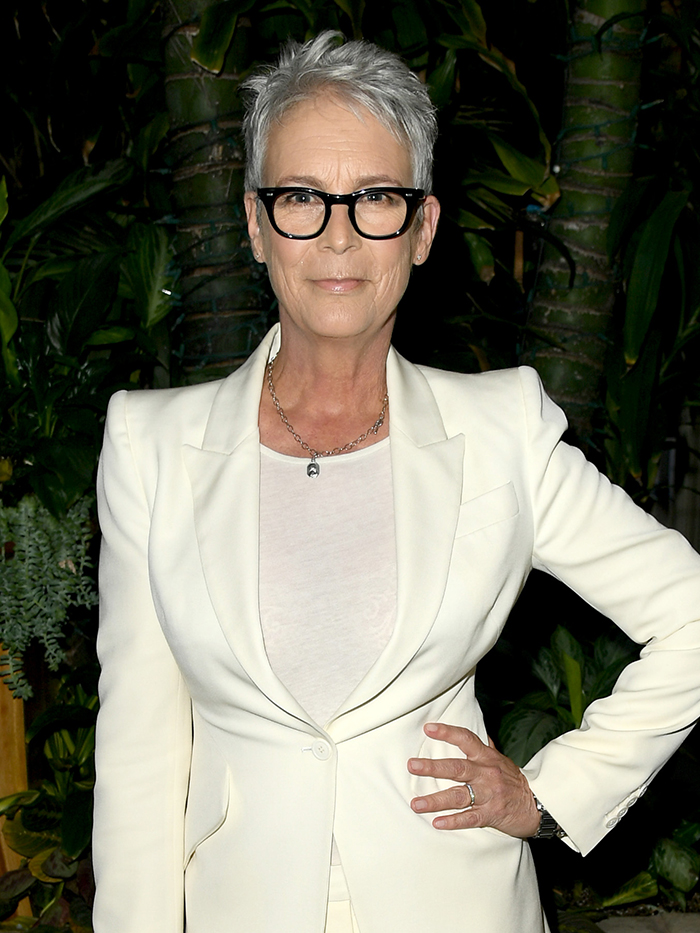
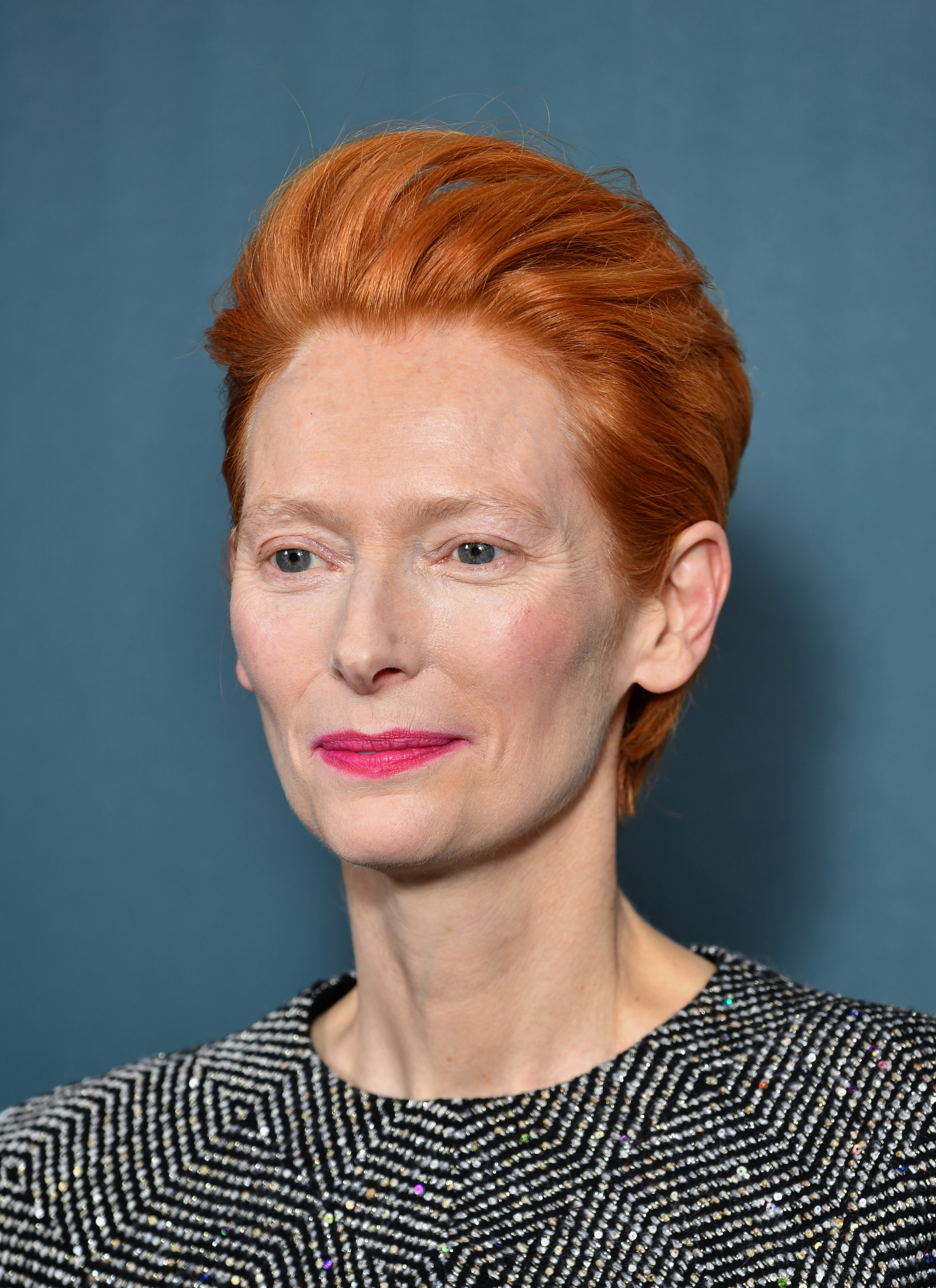
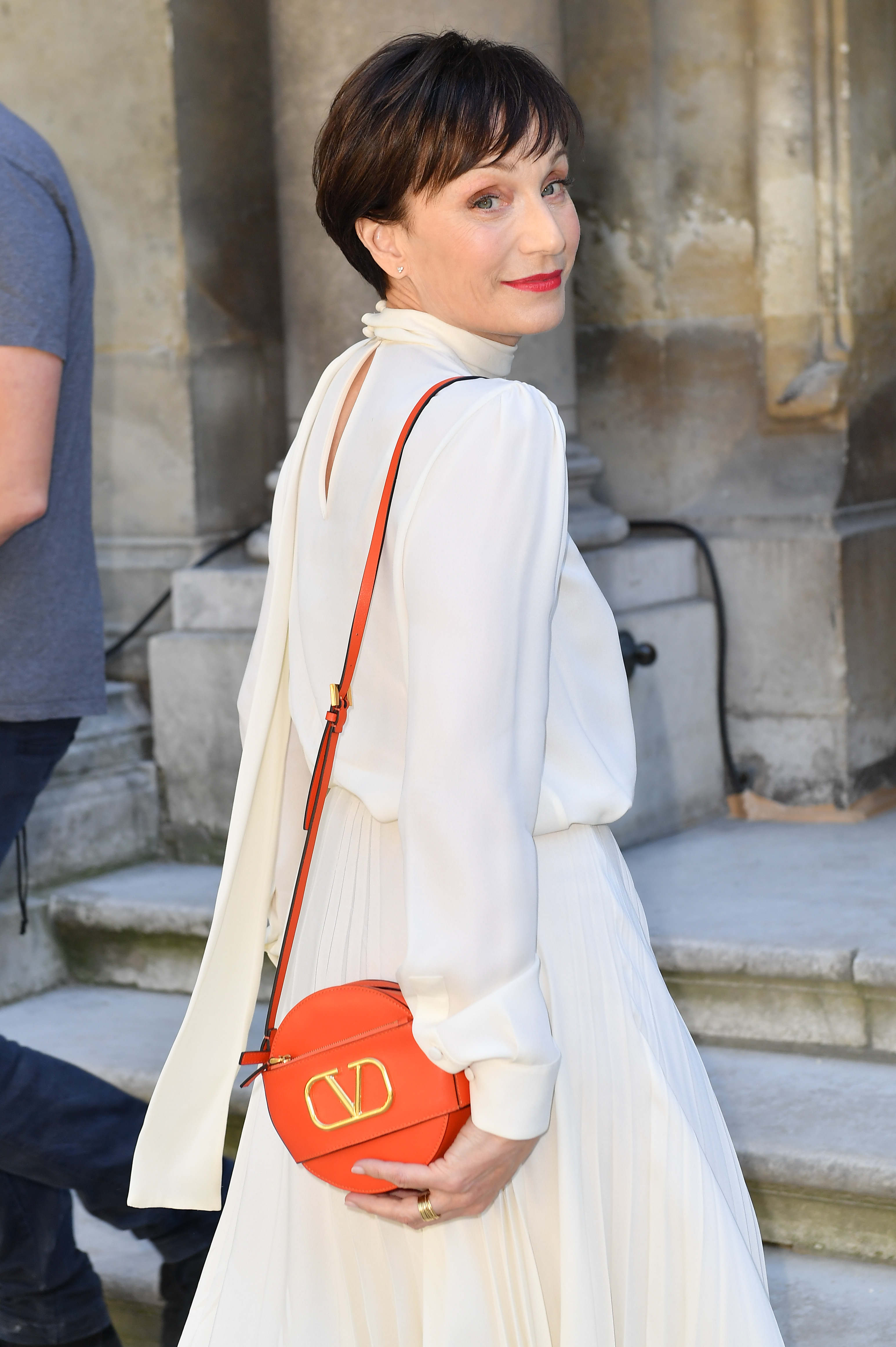
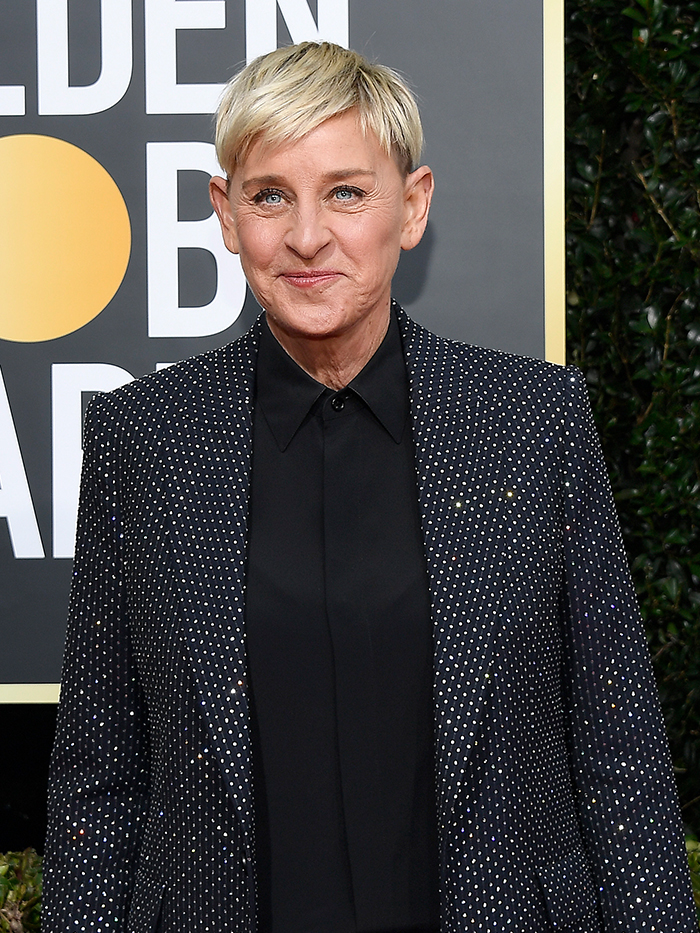
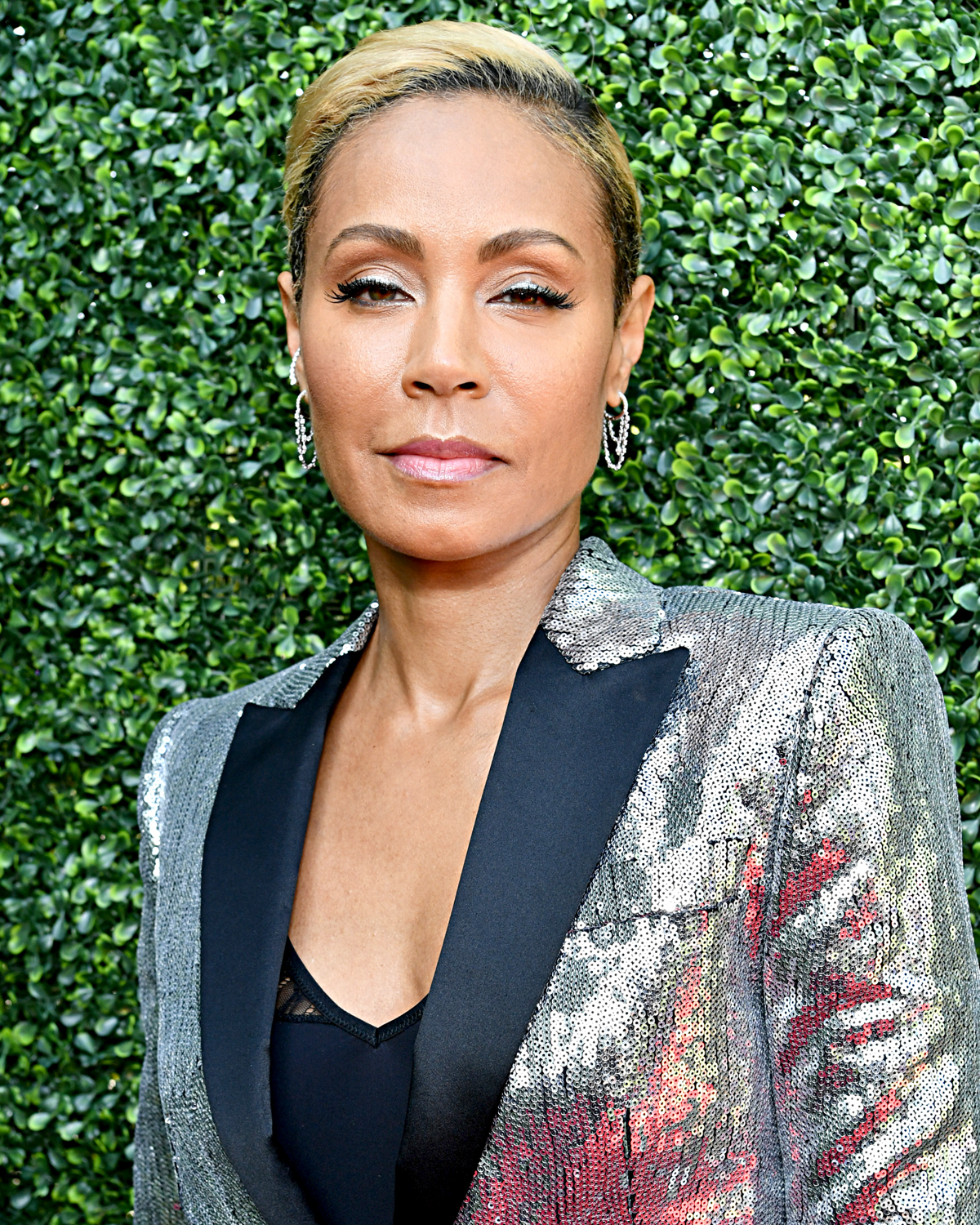
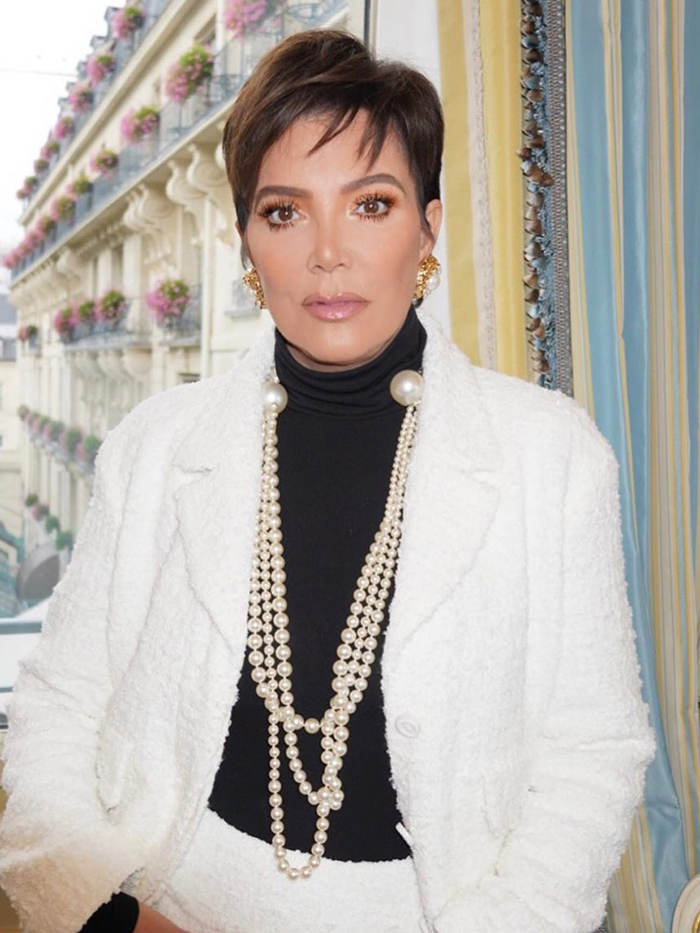


If the pixie cut seems a little too much of a statement, keeping a bit more length could be the perfect answer. A longer pixie style is also a great option for those who want to create an illusion of volume. Maine explains, “Longer layers can add volume, which is ideal if your hair is thinning and falling flat. The long pixie also gives a feminine touch when paired with a sweeping fringe.”
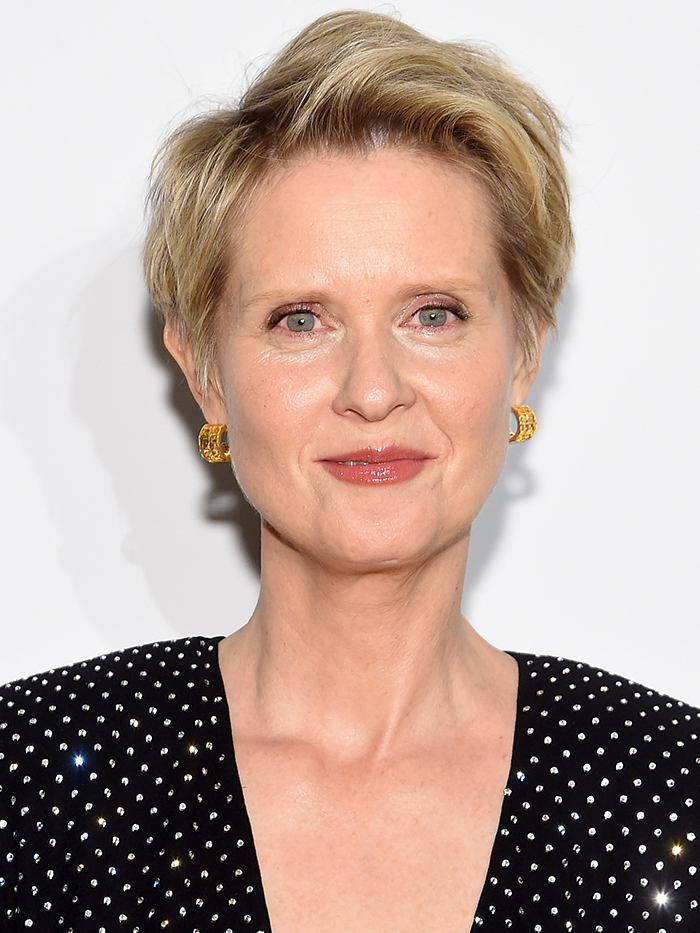

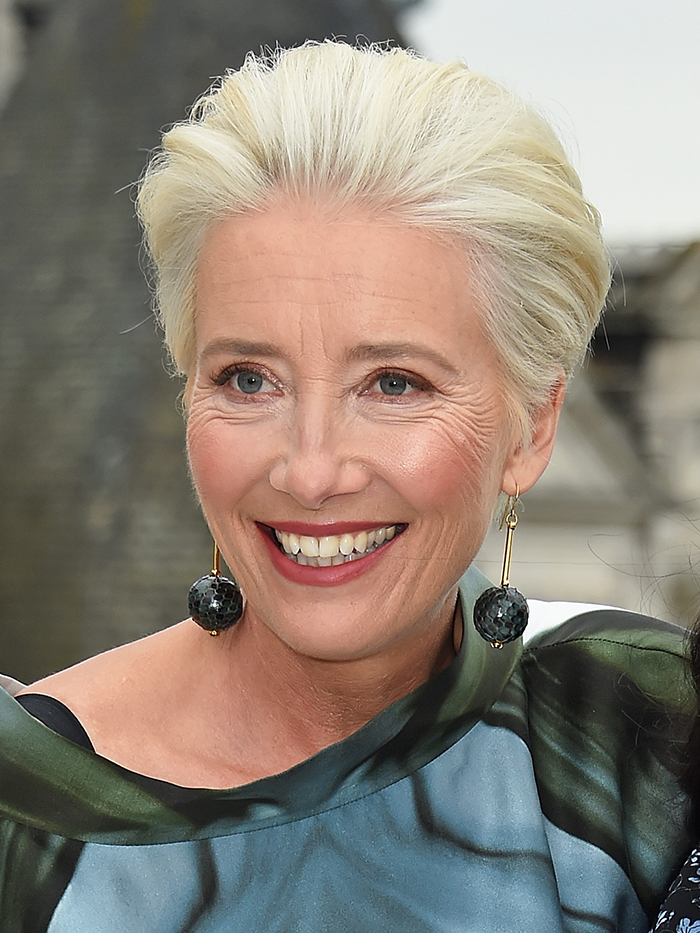

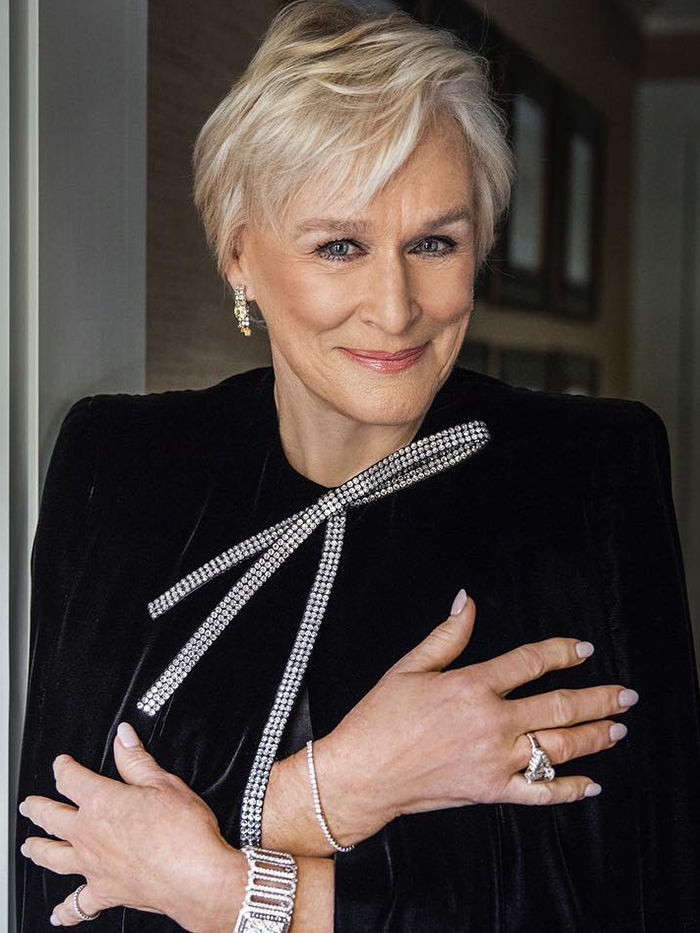
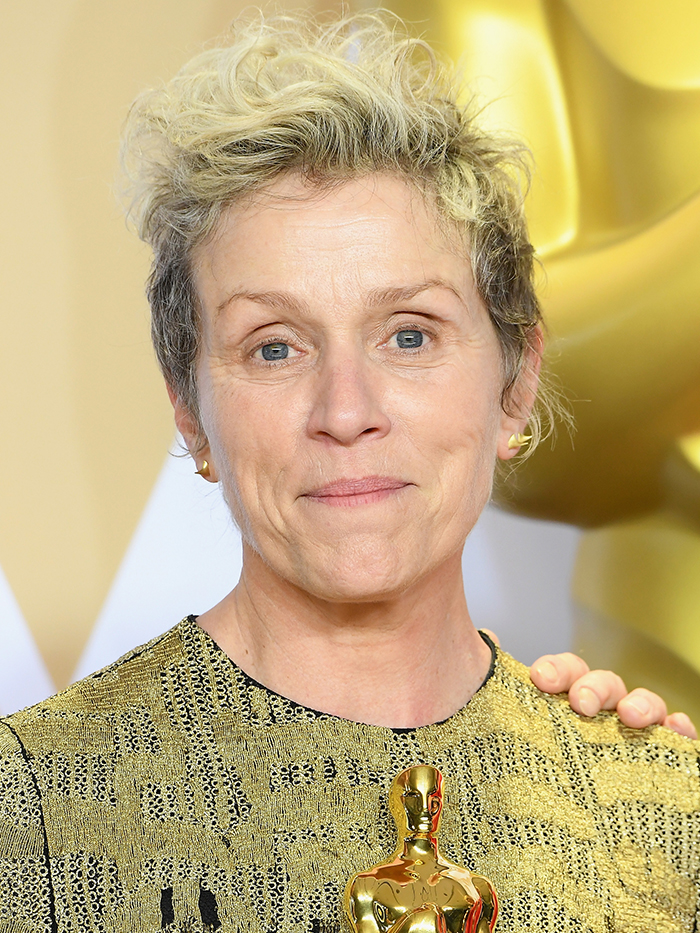
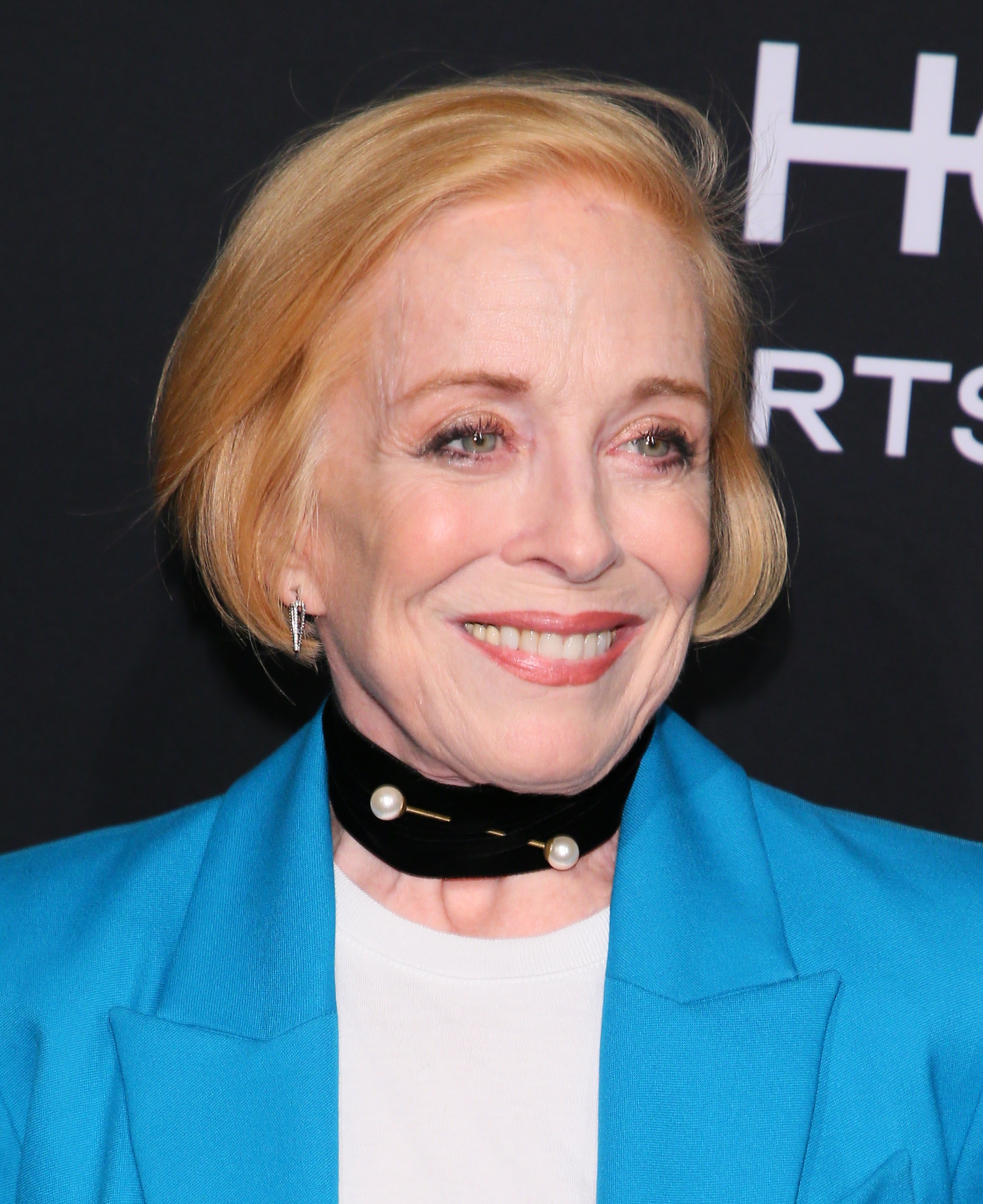
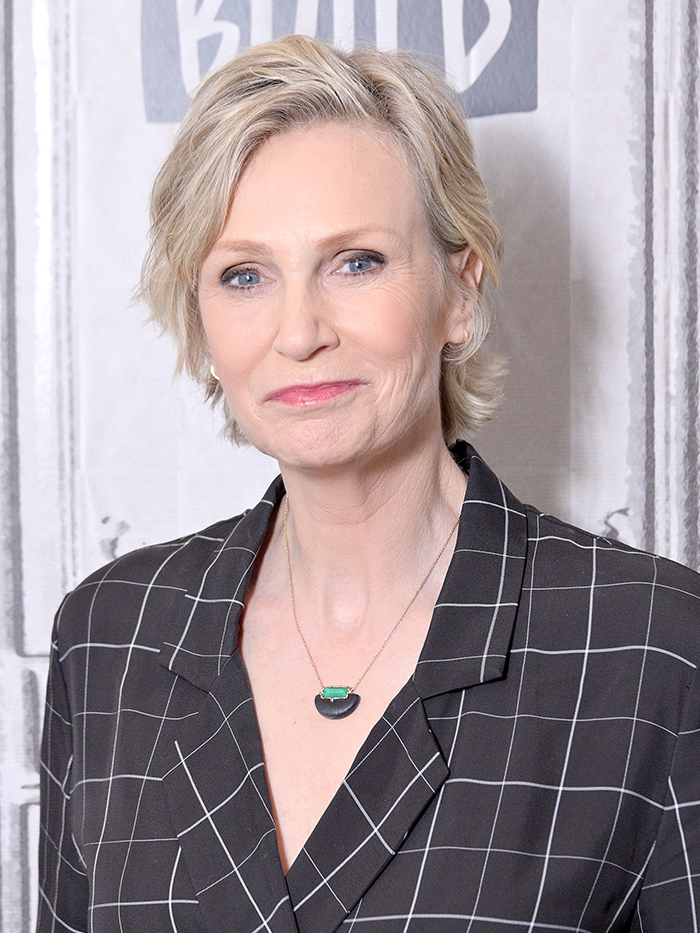
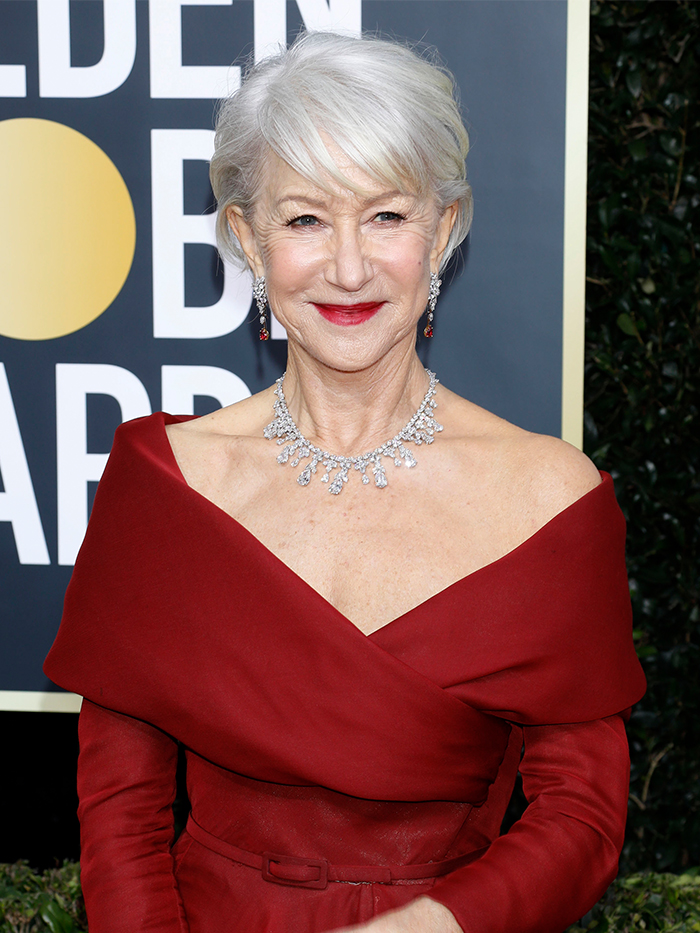


Want to keep things simple? “A blunt bob keeps ends looking as fresh as possible. It can look quite quirky, a bit cool, and it’s really easy to style. This style works on wavy, straight, fine, medium or thick hair, but for curly locks, go brave and cut to the jawline,” says Soons. But be warned, a blunt bob requires commitment. To keep it fresh, it’s advised that you book in for a trim every six to eight weeks.
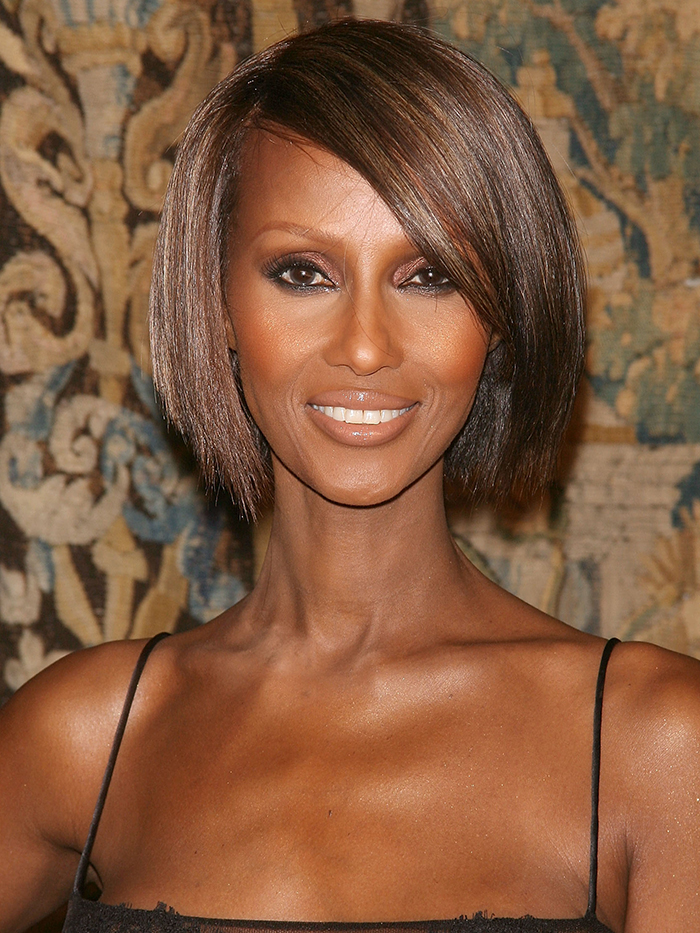
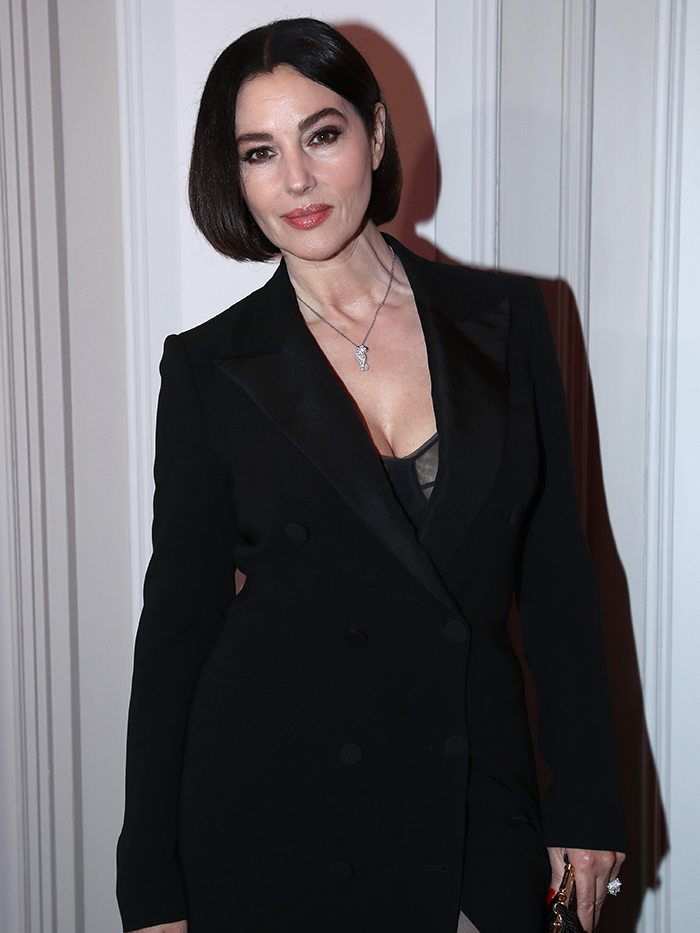
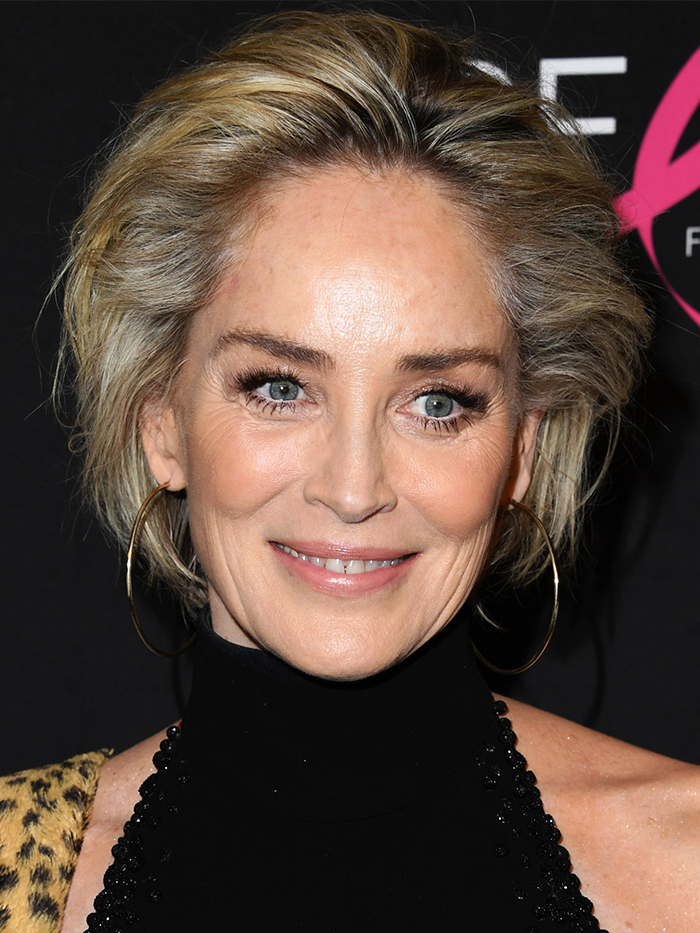
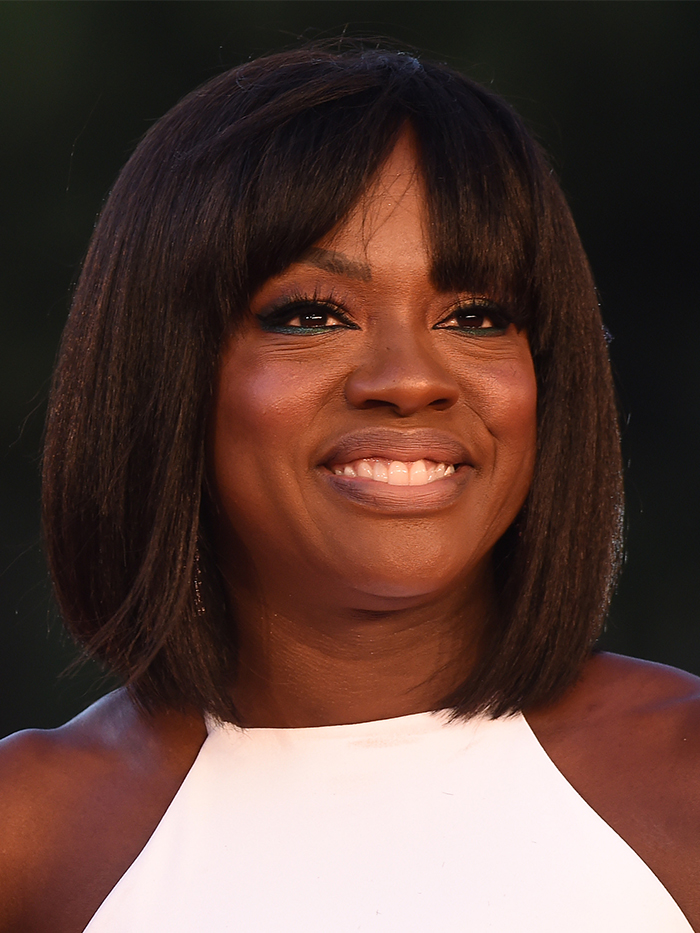
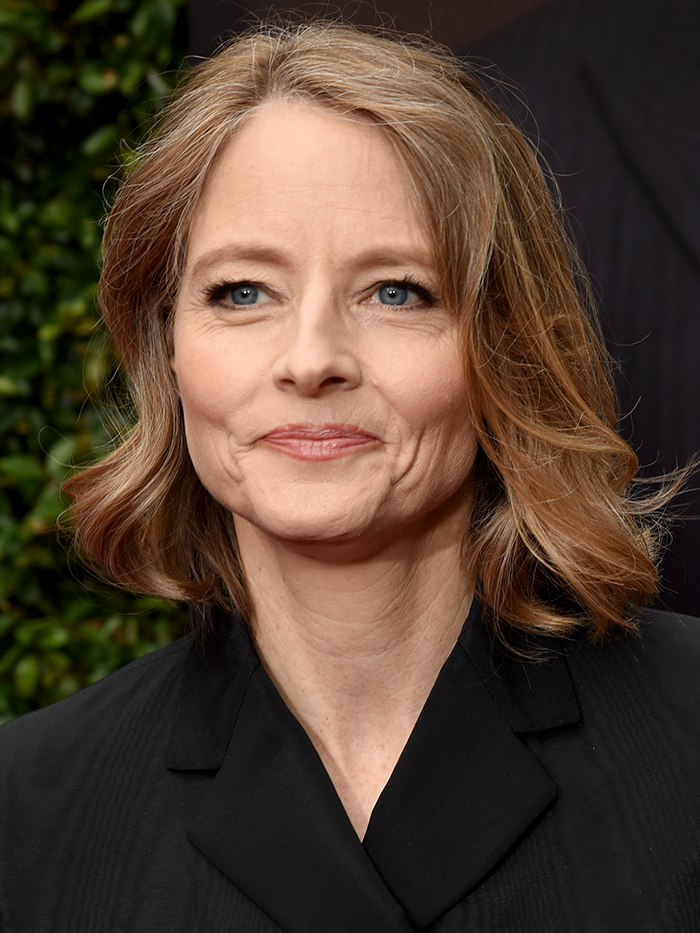

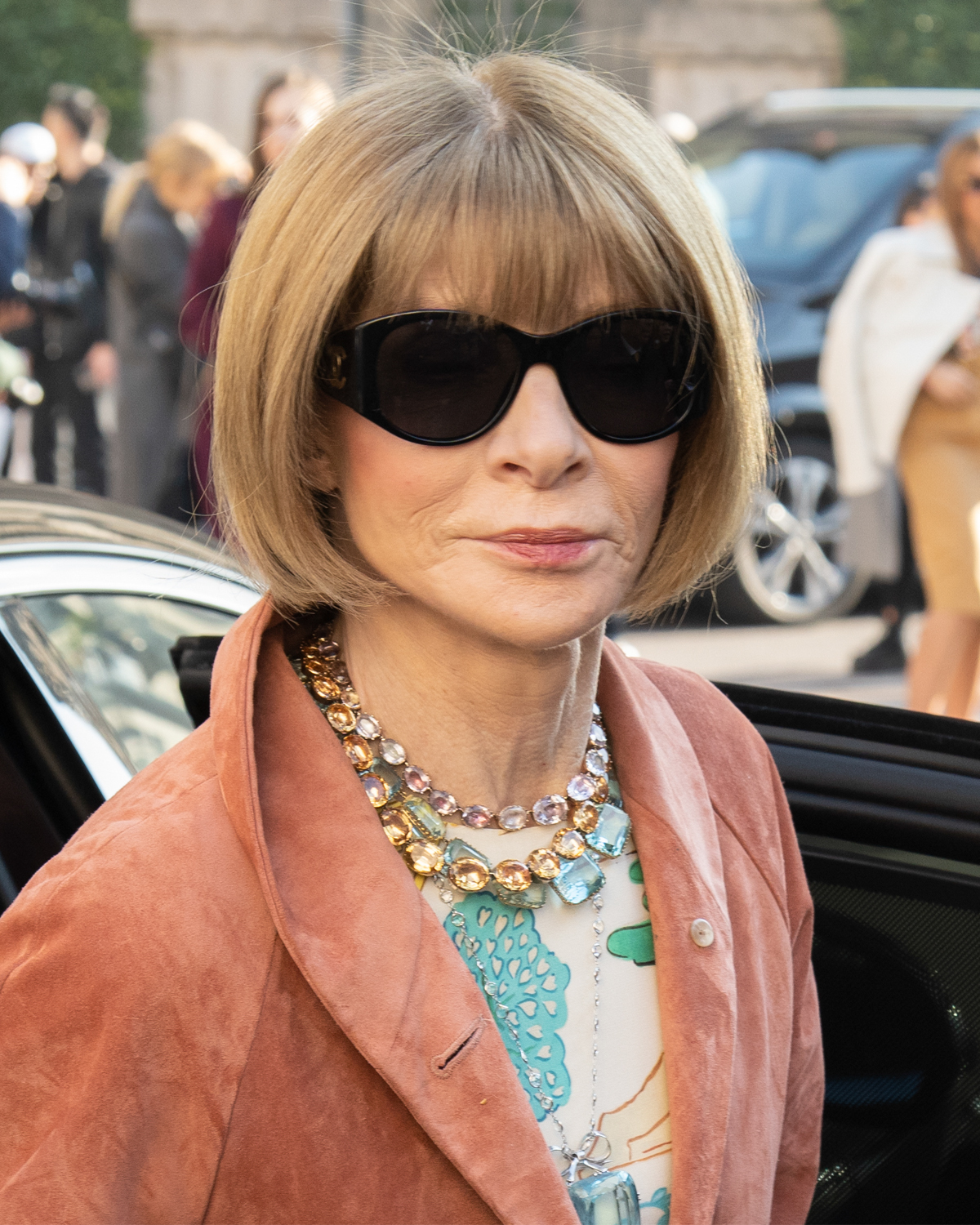
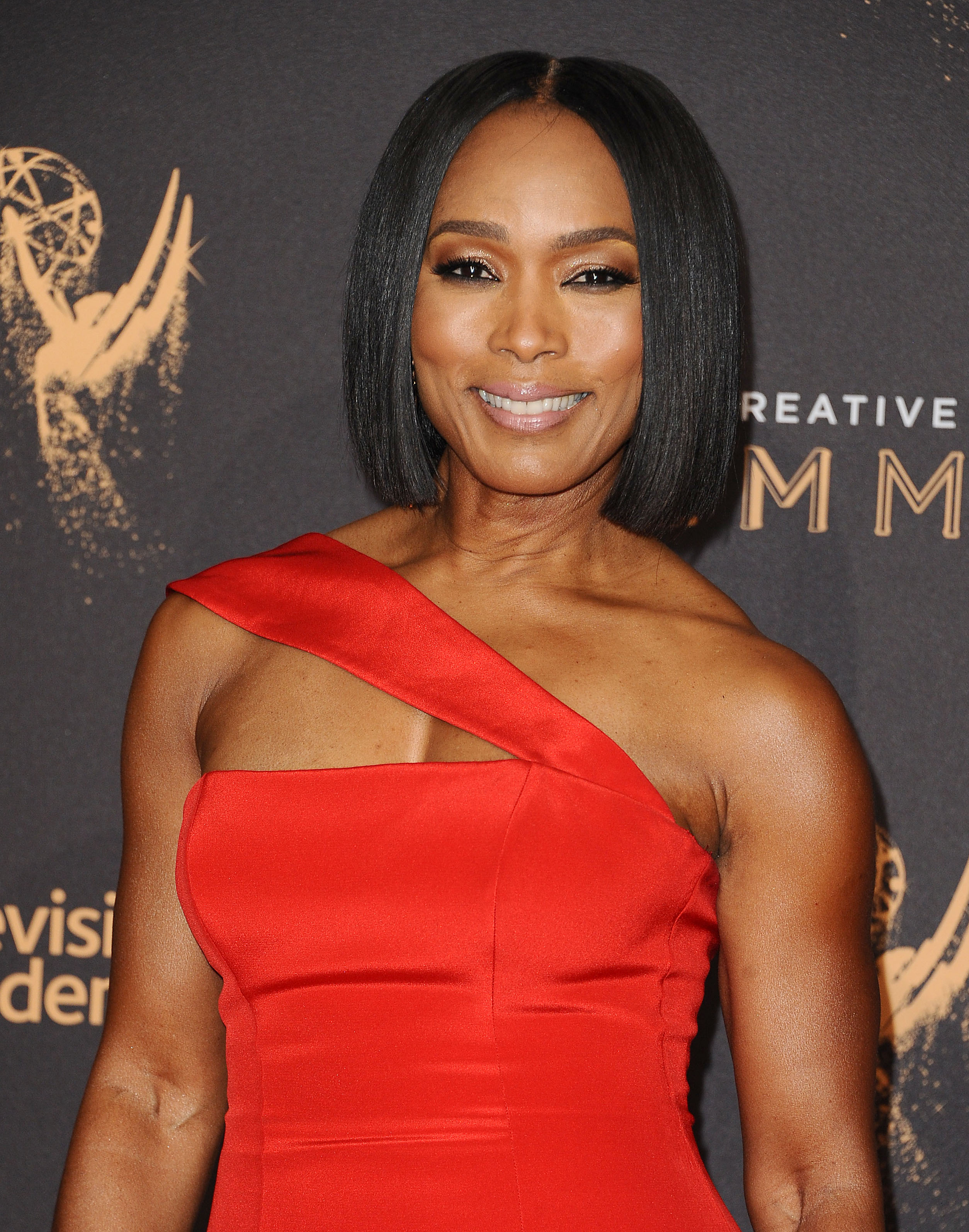
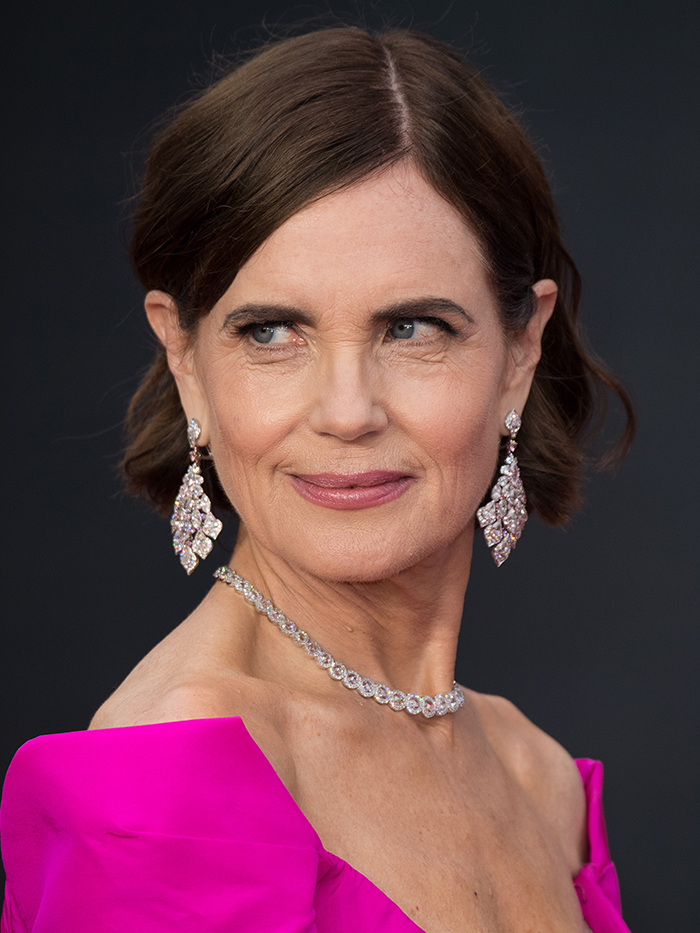


“For women who want to keep their length but add some life to their limp hair, the bob is a suitable haircut, as it still gives the feeling of having long hair whilst creating volume. Shaggy Bob Cuts are very popular, as they break the traditional bob-haircut rules and create a more adventurous look. To create volume at the root, I use Redken Rootful (£25) and Pureology Clean Volume Mousse (£24),” says Maine.
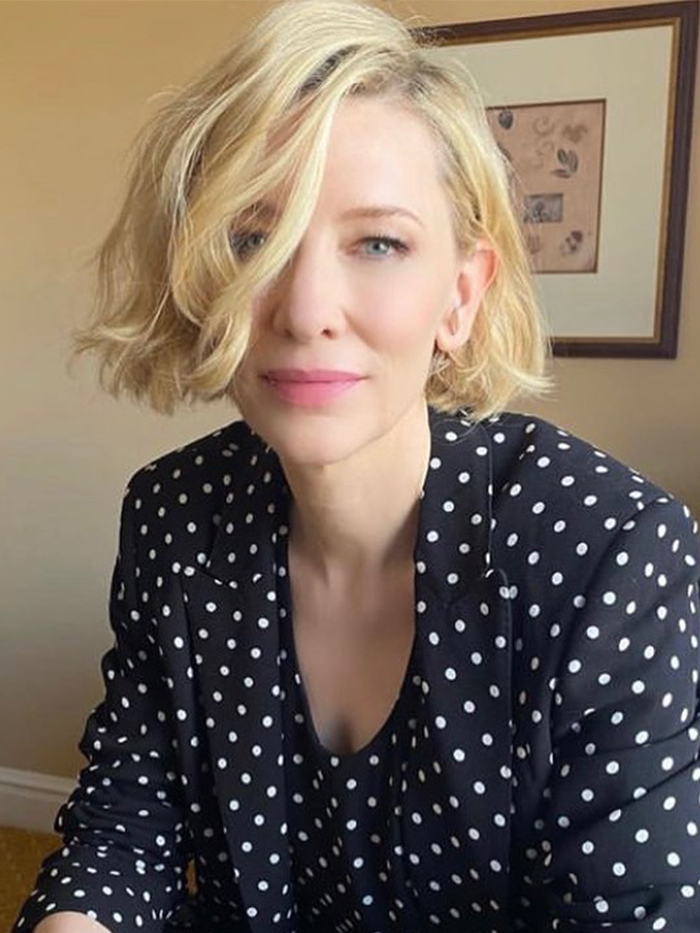
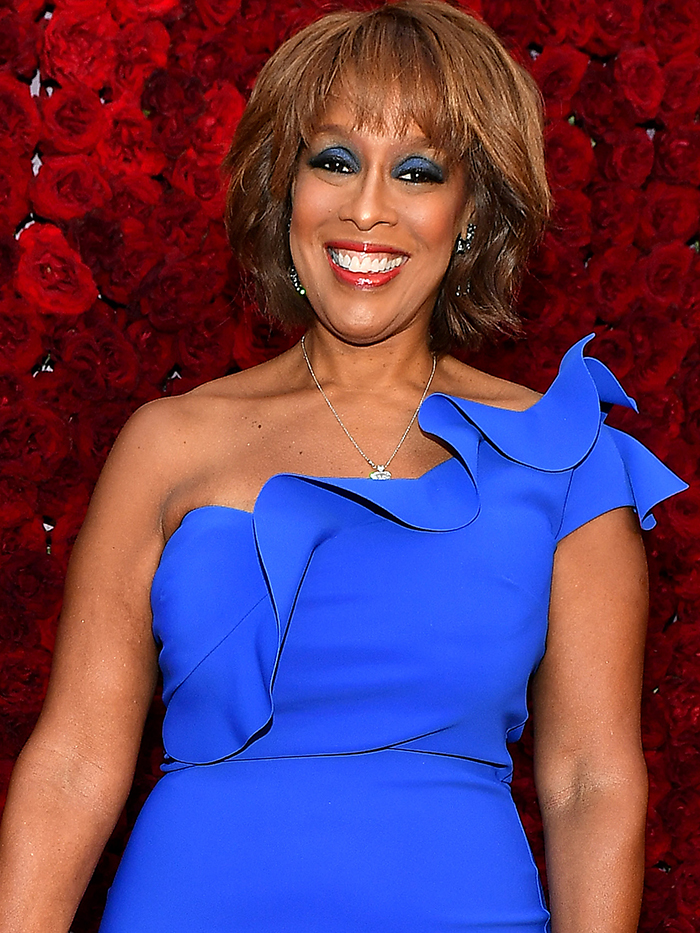
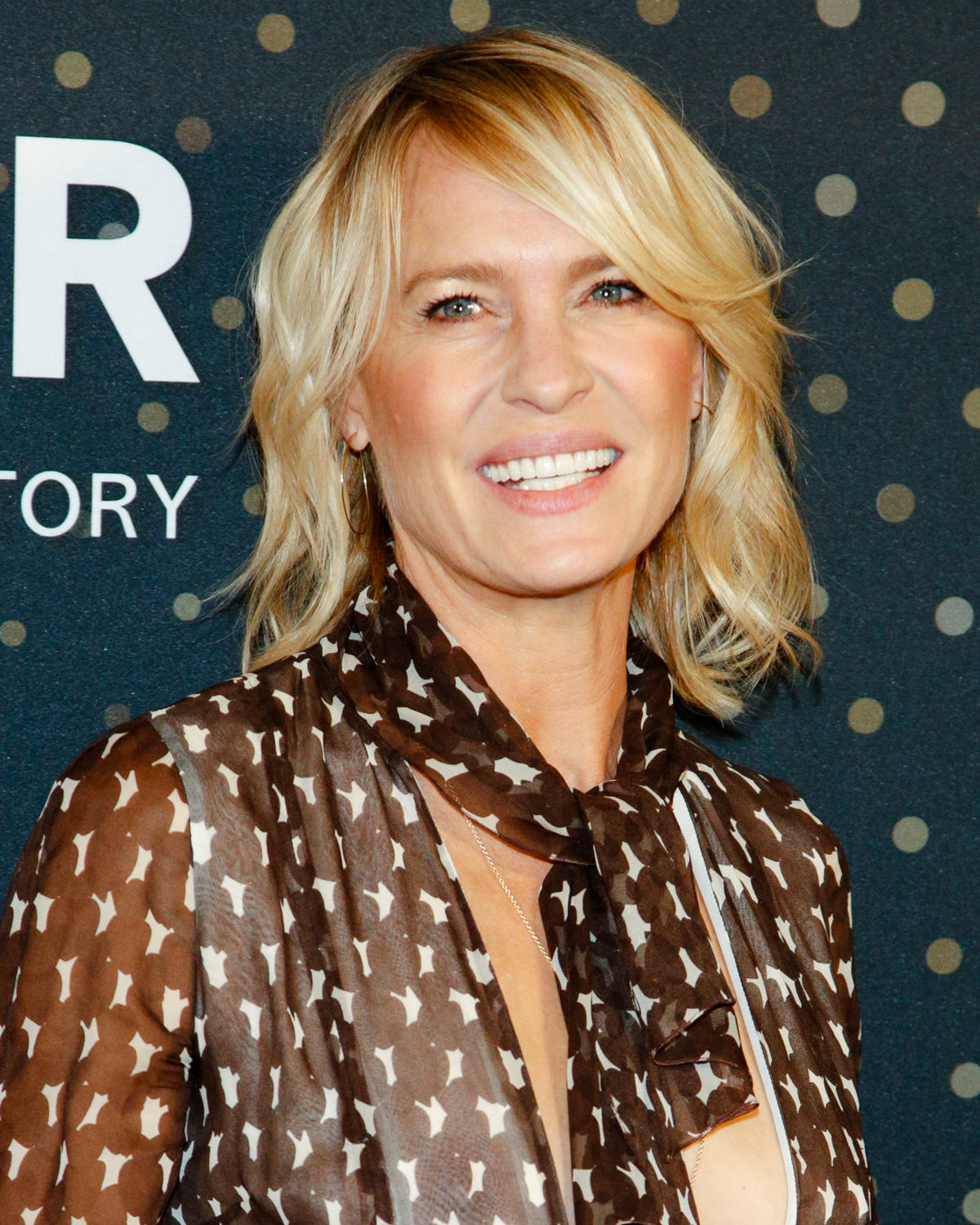


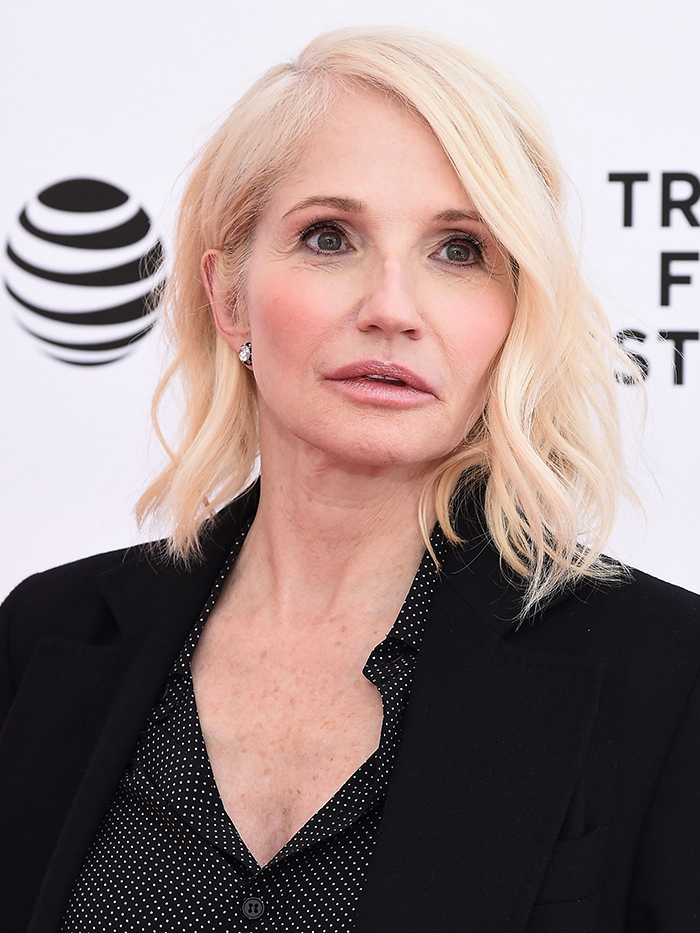
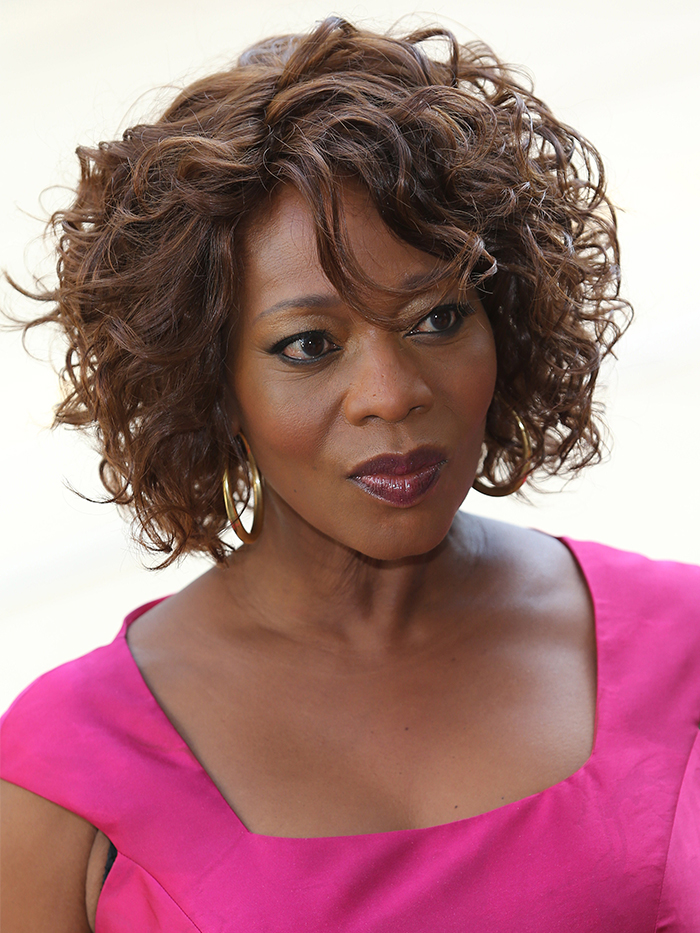
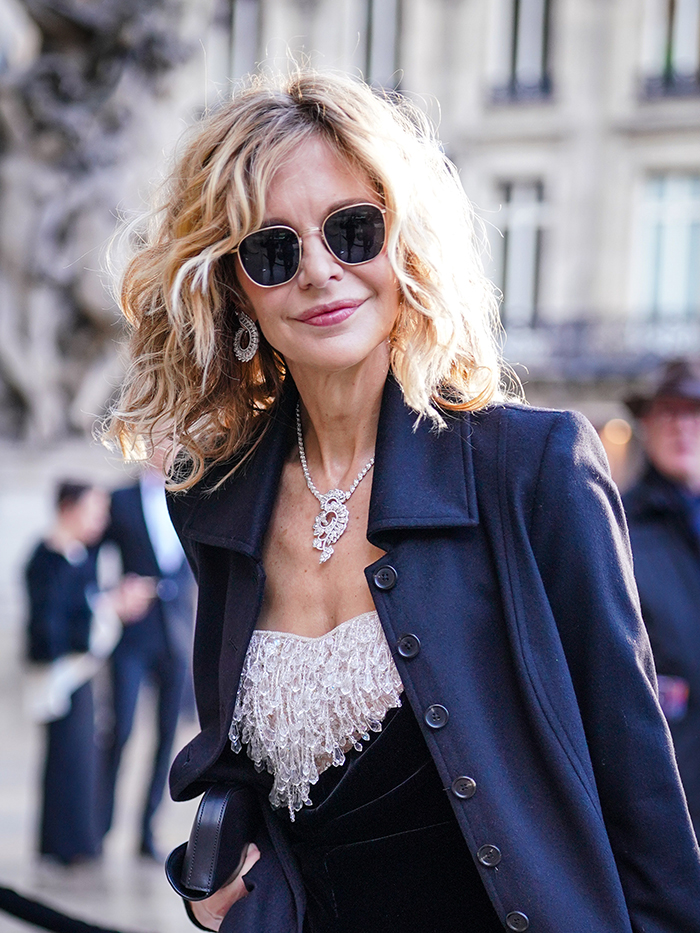
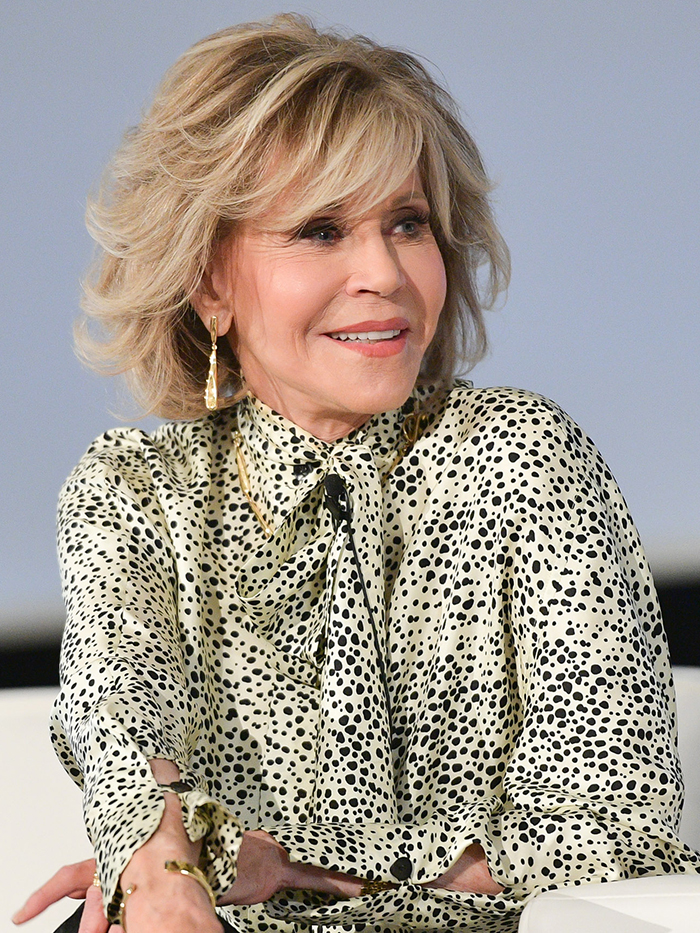


This story was originally posted at an earlier date and has since been updated.
Next Up: 5 Hair Colours That Don’t Do Thin Hair Any Favours—and 5 That Absolutely Do

